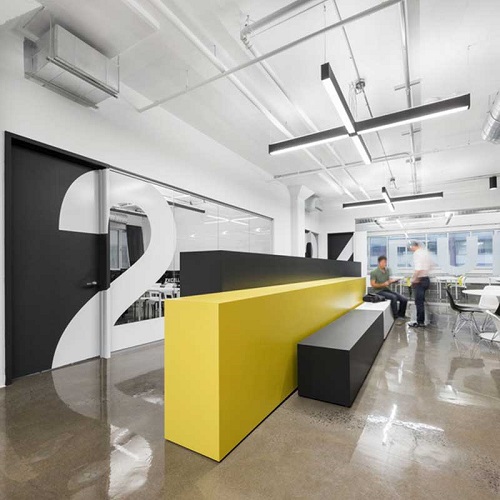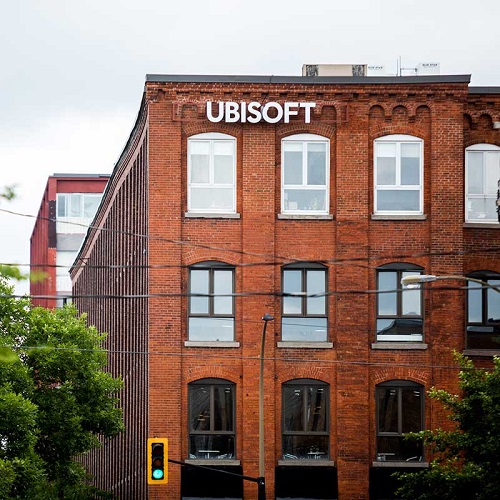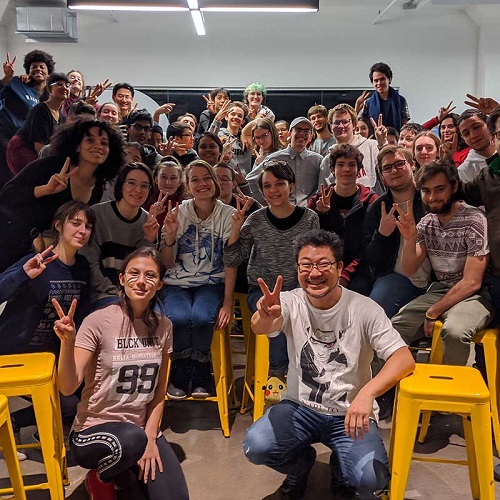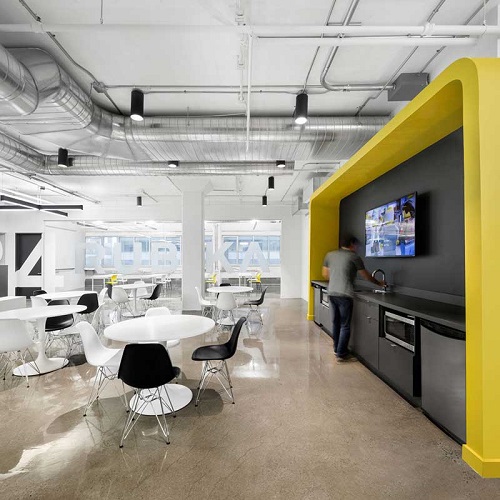MONTREAL CAMPUS
Rubika Montréal
« WELCOME TO RUBIKA MONTREAL ! »
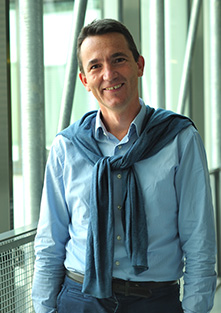 Rooted in the educational tradition of Valenciennes, RUBIKA Montréal trains open-minded, cultured, competent, and responsible people. We are committed to preparing you as the next generation of Animation, Video Games and Visual Effects professionals, both in terms of technical know-how and interpersonal skills.
Rooted in the educational tradition of Valenciennes, RUBIKA Montréal trains open-minded, cultured, competent, and responsible people. We are committed to preparing you as the next generation of Animation, Video Games and Visual Effects professionals, both in terms of technical know-how and interpersonal skills.
Centered on personal, friendly, and dynamic relationships, the campus gives each student the opportunity to discover and develop fully. The availability and consultation between the various people involved in the project allow us to get to know, support, motivate, and guide the potential of each individual. Indeed, the human size of our Campus (70/100 students with 6 classes of 20/25 students) creates a climate favourable to development.
The location of the campus in the Mile-End district allows us to be close to these industries on a daily basis (Ubisoft, Gameloft, Framestore – Oscar for Blade Runner, Reel FX, Cinesite, etc.). Our teachers are used to taking a lift or crossing a street to reach us!
In Canada, more than a third of the jobs in the gaming sector are concentrated on the island of Montreal (+10,000 jobs in 2019). This city has become an international hub for research, creation, and Digital Innovation (Virtual Reality/Augmented Reality/GPU Computing/Real Time).
While some people refer to Montreal as the « Hollywood of video games, » more and more major Hollywood productions are also choosing to produce their visual effects and animation films in Montreal studios (+60 productions in 2019). For the past six years, these sectors have experienced an average annual growth rate of 26%, which offers you, the talented future professionals, exponential future opportunities!
This day-to-day management, open to the world and technological advances, favours the integration of young international students from different countries and worlds into Montreal’s North American culture. This undisputed richness is an integral part of our DNA, which we are proud of.
As you can see, Rubika Montreal is more than a training course; it’s a life experience!
We look forward to sharing and co-creating it with you.
Stéphane André
Chief Executive Officer
1 OF THE 4 WORLD
PRODUCTION CENTERS
(ANIMATION / FX)

+65% JOB
INCREASE BY 2020
(ANIMATION)

+4 500 FULL-TIME
JOBS IN 2018
(ANIMATION)

+63 500 $ CDN
AVERAGE SALARY
(ANIMATION)

5E WORLD
PRODUCTION CENTER
(VIDEO GAME)

+77 300 $ CDN
AVERAGE WAGE
(VIDEO GAME)

+ 10 000 FULL-TIME
JOBS IN 2018
(VIDEO GAME)

+ 10 000 FULL-TIME
JOBS IN 2018
(VIDEO GAME)
OUR TRAININGS
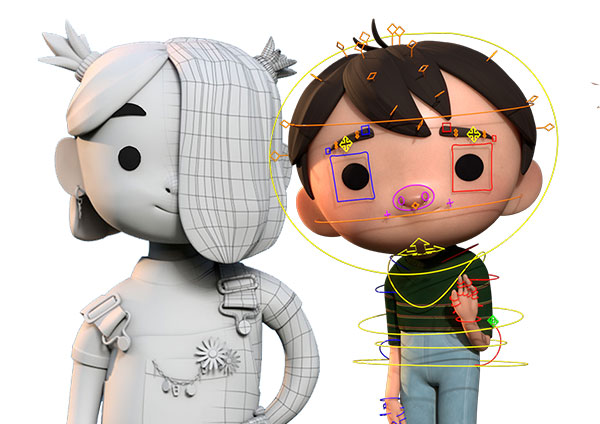
2D / 3D Animation
The « 2D/3D Animation » training given on the RUBIKA Montreal campus prepares artists for the 2D and animation professions in general. During their training, they will learn how to lead team projects in real production conditions
3 years Course
Admission based on entrance exam+ interview
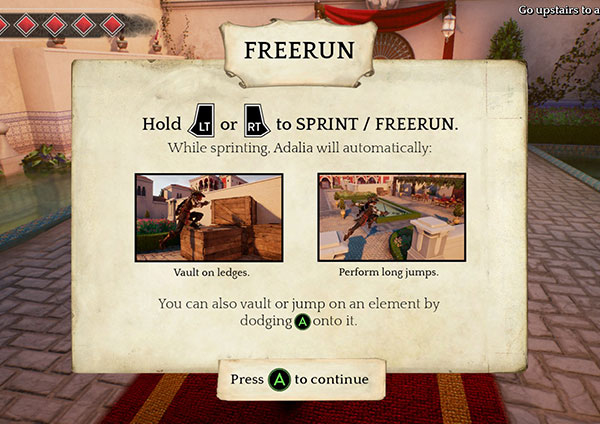
Technical Artist
Between the artist and the programmer, the Technical Artist is the one who ensures the graphic quality and performance of the video game. He designs and integrates assets while respecting the artistic intentions and the technical limits of the game engines.
3 years Course
Admission based on entrance exam + interview
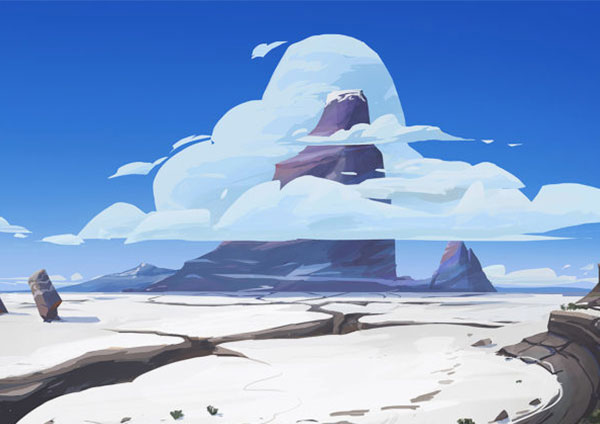
Digital Arts Preparatory Class
The Preparatory Class offered at RUBIKA Montreal allows you to discover the worlds of Animation and Video Game for about 7 months. It also aims to upgrade students’ knowledge, create a portfolio, a personal project and prepare them for entrance exams.
Cycle in 1 year
Admission based on entrance exam + interview
WHY MONTREAL ?
Since 2016, RUBIKA is present in Montreal, the landmark of the world’s digital creation, to provide trainings in animation and video games. The premises located in the Mile-End among the major studios of the sector (Framestore, Ubisoft, Atelier Animation, Budge Studio, Cyber-connect…).
Montréal is a dynamic university city attracting the world’s greatest talents. The second North American city for the number of students per capita, it is a cultural mosaic, a unique open-mindedness in North America, a safe urban environment and an affordable cost of living. The region has a network of 17 large parks totaling nearly 2,000 hectares and 1,160 neighborhood parks that provide areas for relaxation and recreation. Such qualities place Montreal as the first city in the world where to go to university, according to The Economist.
Beyond Montréal, this location is a real gateway to North America and its major production centers (Los Angeles, San Francisco, Seattle, Toronto, etc.).
MONTREALIN SUMMARY
➔ More than 3.8 million inhabitants
➔ More than 100 ethnocultural communities
➔ More than 26,000 foreign students
➔ Some 60 international organizations
➔ 68 subway stations and 189 bus routes
A DYNAMIC METROPOLIS
➔ 5th video game hub after Tokyo, London, San Francisco and Austin.
➔ A multitude of museums, theatres and restaurants
➔ Quartier international (International District) and Cité du multimedia (Multimedia city) in the heart of the city
➔ UNESCO City of Design
➔ More than 100 festivals at any time of the year
A STUDENT CITY
➔ Ranked best student city in the Americas
➔ 6th place in the 2019 World Ranking QS Best Student Cities
➔ 11 academic institutions with more than 170,000 students
➔ More than 150 centers and 1,500 active institutes in research and development

MOVE TO MONTREAL
What budget to plan?
In addition to the training fees, it is necessary to be able to assume the costs related to daily life (housing/Internet and electricity/food bills, etc.), which are estimated by the Quebec government at approximately $1,100 per month.
In addition, there is the monthly cost of the transport card. All students are eligible for the Student Fare ($51 in 2018).
Where to live?
It is easy to find accommodation in Montreal. There are many options available to students, ranging from shared rooms to independent housing and student residences.
For practical reasons, especially in winter, it is preferable not to live more than a 10-minute walk from a metro station.
The price can therefore vary from $450 to $900 per month depending on the option chosen, the location of the accommodation as well as the level of equipment provided (accommodation with nothing included, semi-furnished, furnished, with heating and/or electricity, internet or all inclusive).
Studies and Visa
To come study in Quebec, it is necessary to obtain a CAQ (Certificat d’Acceptation du Québec) as well as a Study Permit coupled with a Work Permit (Stage coop). Other administrative requirements (residence permit, medical examination, etc.) may have to be met, depending on your file.
RUBIKA has set up an accompaniment to advise students in these steps.
TESTIMONIES
“Rubika Montreal is a dream come true for me: to study animation while being immersed in the professional world, and all this in one of the coolest cities in the world! I love my daily life as a Montrealer and the little family we all form together on campus. »
“SHED has in its team several CG artists who studied at RUBIKA. Their training is very complete, they are qualified candidates who add a lot to the quality and creativity of our productions. Thank you to the entire RUBIKA team for investing so much in the training of their students! »
“The animation industry is in perpetual motion. To keep up with this evolution, we need the support of competent and adaptable artists. We have several RUBIKA alumni in our studio. Their artistic eye is sharpened. Their training allows them to be almost immediately operational. »
« I’ve been working in Montreal for a year now. I left school in 2018 and I can say that it prepared me very well for the professional world. We came out of it with a very good junior level appreciated in the studios and several strings to our bow! »
QUESTIONS? CONTACT US!
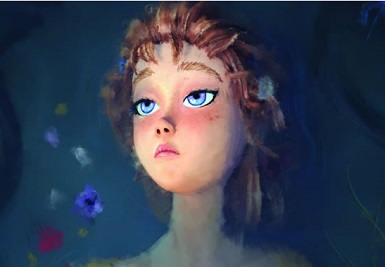
Campus Manager
MIREILLE MALLOL
Campus Manager
![]() 514-312-9234
514-312-9234![]() m.mallol@rubika-edu.com
m.mallol@rubika-edu.com

